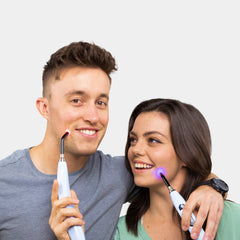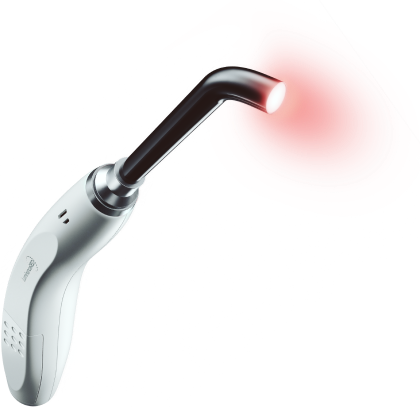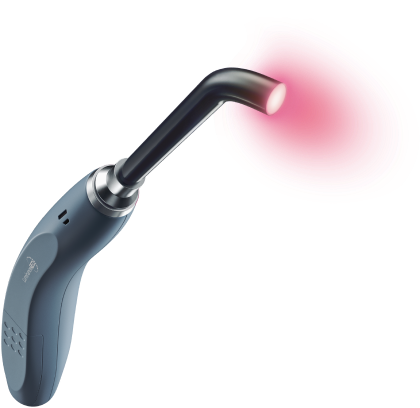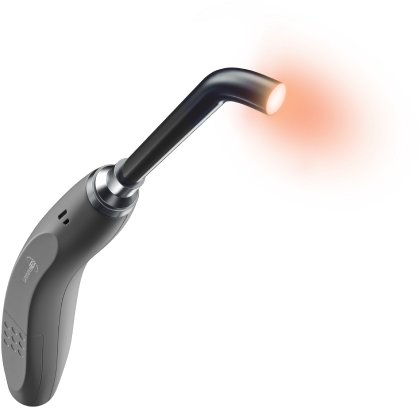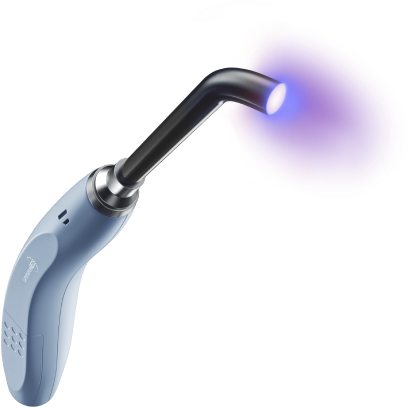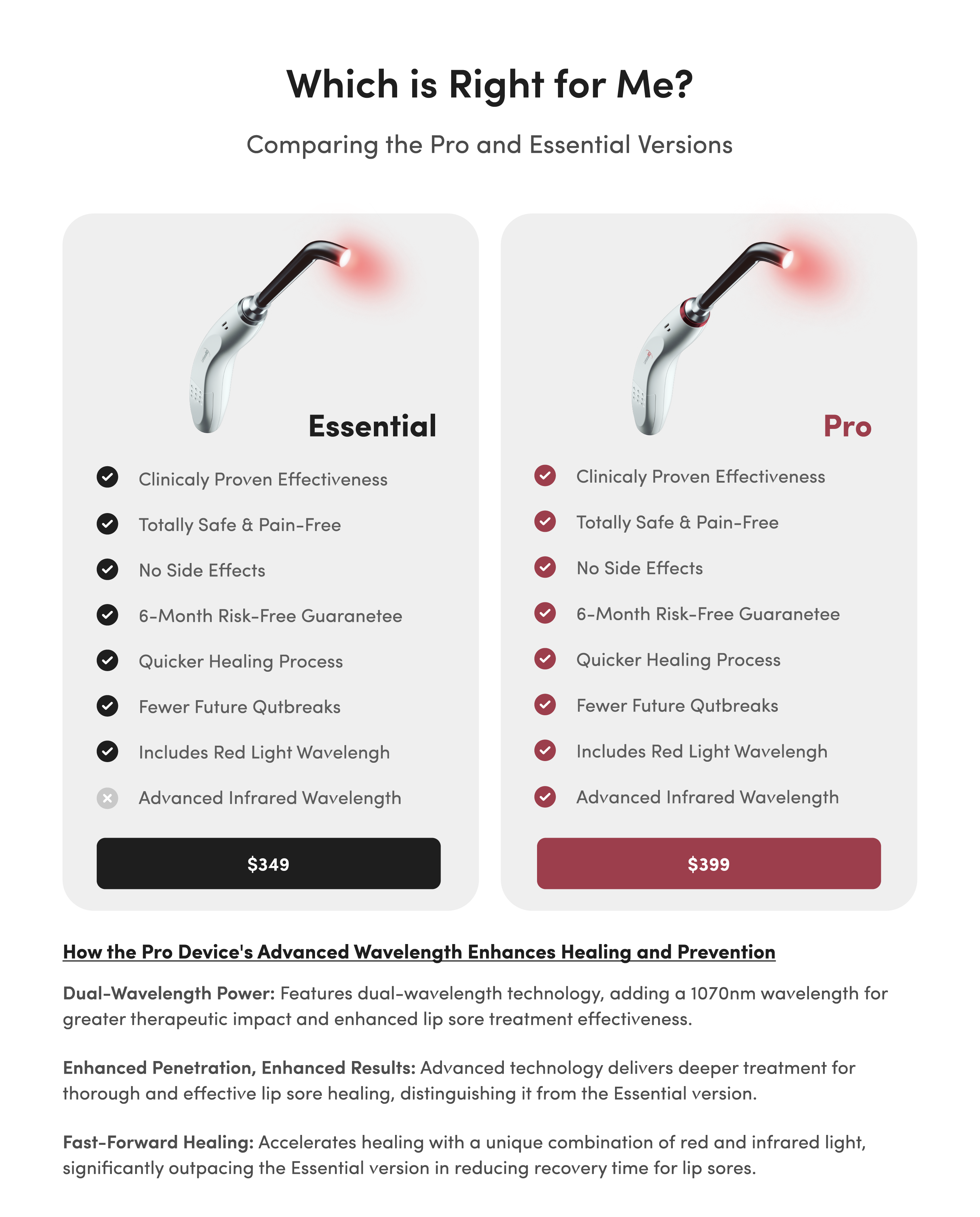How to Get Rid of Genital Herpes Quickly & Safely

Genital herpes isn’t like a bacterial infection that can be zapped away with antibiotics, but that doesn’t mean you’re forced to endure weeks or months of uncomfortable outbreak symptoms.
It’s possible to get rid of genital herpes fast and accelerate recovery when you use the right strategies.
How to Get Rid of Genital Herpes Fast: Is It Possible?
The herpes simplex virus type 2, better known as genital herpes, is a sexually transmitted infection without a known cure. Although it’s not yet possible to permanently get rid of genital herpes, a number of techniques are proven to speed up the recovery of an outbreak and reduce unwanted symptoms.
You may recognize a genital herpes outbreak by the appearance of blisters and lesions. Most people experience their first outbreak two to 12 days after initial exposure to the virus. After the blisters break, it may take up to four weeks for herpes ulcers to heal.
After the first outbreak, recurring outbreaks are common but don’t last nearly as long. Sores tend to heal within three to seven days in recurring outbreaks, and the number of outbreak periods may even decrease over time.
The Early Warning Signs of Genital Herpes
Once you learn to identify the early warning signs of a genital herpes outbreak, you can take action to avoid the worst outbreak symptoms.
The most common sign of genital herpes is the development of blisters around the genital area. Herpes simplex blisters are often itchy and painful.
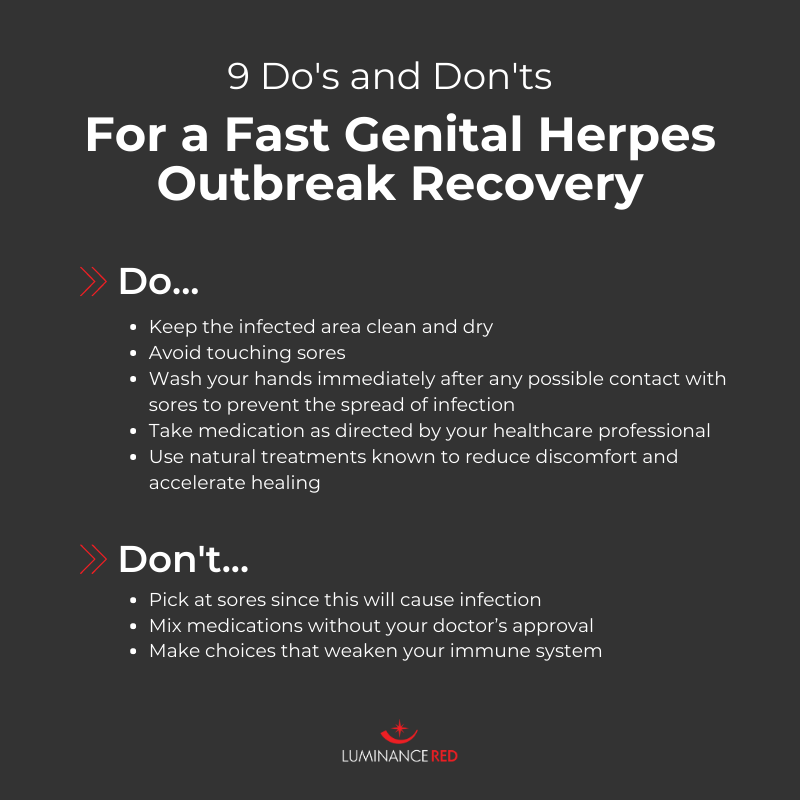
Other symptoms may accompany the blisters to indicate early warning signs of genital herpes:
- -Difficult or painful urination
- -Swollen glands in the pelvic area
- -Fever and chills
- -Fatigue
- -Headache
- -A tingly sensation in the affected areas
Do's and Don'ts For a Fast Outbreak Recovery
When you notice the early warning signs of a genital herpes outbreak, follow these tips to learn how to get rid of genital herpes fast.
Do These Things
- -Keep the infected area clean and dry
- -Avoid touching sores
- -Wash your hands immediately after any possible contact with sores to prevent the spread of infection
- -Take medication as directed by your healthcare professional
- -Use natural treatments known to reduce discomfort and accelerate healing
- -Use foods and supplements known to strengthen your immune system
- -Use the Luminance RED on current outbreaks and in-between
Don’t Do These Things!
- -DON’T pick at sores since this will cause infection
- -DON’T mix medications without your doctor’s approval
- -DON’T make choices that weaken your immune system
Antivirals May Help Clear Up Outbreaks Faster
Antiviral medications for genital herpes are available over-the-counter and from your doctor. These options are known to fight the herpes virus in order to get rid of genital herpes fast.
Over the Counter Antivirals For Genital Herpes
- -Abreva is the only FDA-approved antiviral medication for herpes simplex that is available without a prescription. This medication slows the ability of the herpes virus to multiply in the body, which reduces symptoms and supports faster recovery.
- -Oral pain relievers like acetaminophen and ibuprofen aren’t antivirals, but they’re available over-the-counter to alleviate herpes-related pain and discomfort until your outbreak ends.
Antivirals that Require a Prescription
- -Acyclovir (Zovirax) is a prescription medication used to improve the healing of sores or blisters caused by a number of conditions, including first-time and repeat outbreaks of genital herpes. It works by slowing or stopping the spread of the herpes virus within the body, but it cannot cure genital herpes.
- -Valacyclovir (Valtrex) is another antiviral prescription drug used to treat genital herpes and shingles. Taken twice a day for five days, Valtrex may decrease uncomfortable symptoms and help sores heal faster. In some cases, this antiviral can also prevent new sores from forming.
When Is It Time To See a Doctor for Genital Herpes?
It’s important to see a doctor if you suspect you have genital herpes. Your doctor may collect a sample and test it for the herpes simplex virus and other STIs. Once your herpes diagnosis is confirmed, your doctor can help you select a medication or treatment best suited to minimize the impacts of genital herpes on your health and quality of life.
You may also want to see a doctor if your recurring genital herpes outbreaks are causing you intense pain and discomfort. Though herpes isn’t a dangerous condition that causes serious health problems, ongoing outbreaks may become a nuisance or cause embarrassment and pain.
How to Prevent Outbreaks
The best way to minimize the effects of genital herpes is to prevent outbreaks altogether. Though there’s no way to guarantee outbreak prevention, you can take certain steps to reduce your likelihood of outbreaks and minimize the severity of outbreaks that do occur.
Prescriptions Used to Suppress Outbreaks
Suppressive therapy medications are available to prevent future herpes outbreaks and reduce the likelihood of giving herpes to your partners. For example, suppressive medication like aciclovir can be taken twice a day for six to 12 months to reduce herpes outbreaks.
The choice to use suppressive therapy prescriptions must be discussed with your doctor. Every medication causes its own side effects and symptoms to consider.
Best Practices For Health
There are a number of measures you can take to best prevent future herpes outbreaks:
- -Stay rested to support a strong immune system
- -Eat nutritious foods to support your body’s innate healing response
- -Manage stress
Luminance RED
Luminance RED nourishes the skin with powerful light treatment, which is metabolized to accelerate the body’s healing process and strengthen its defenses against future attacks. Regular use of Luminance RED not only shortens the healing time of active outbreaks, but it can also help to prevent future outbreaks altogether!







